We partnered with Wits Vida, the Vaccine Confidence Fund, and PHRU to study how much, if at all, social media and community influencers can influence and increase uptake of influenza vaccines.
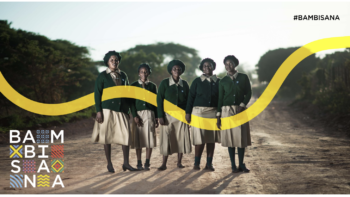
Our projects span over a decade and multiple countries across the world. They are supported by our growing network of research partners and collaborators, including government agencies, grassroots actors, private and media sector, and non-profit and multilateral organisations.

We partnered with Wits Vida, the Vaccine Confidence Fund, and PHRU to study how much, if at all, social media and community influencers can influence and increase uptake of influenza vaccines.

Strengthen national training curricula and integrate targeted, culturally grounded interpersonal communication practices into training curricula for health workers in ECARO countries.
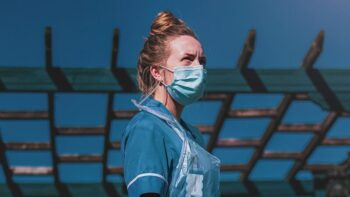
Mixed method study to examine adult and HCP confidence in vaccination in Eastern Europe (Balkans, Caucasus, Central Asia).
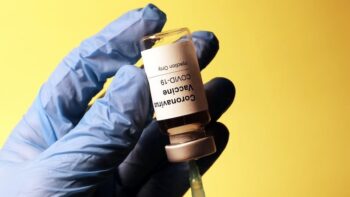
Mixed method study to explore risk perceptions and emotional determinants of health around COVID-19 and influenza vaccination in Europe.
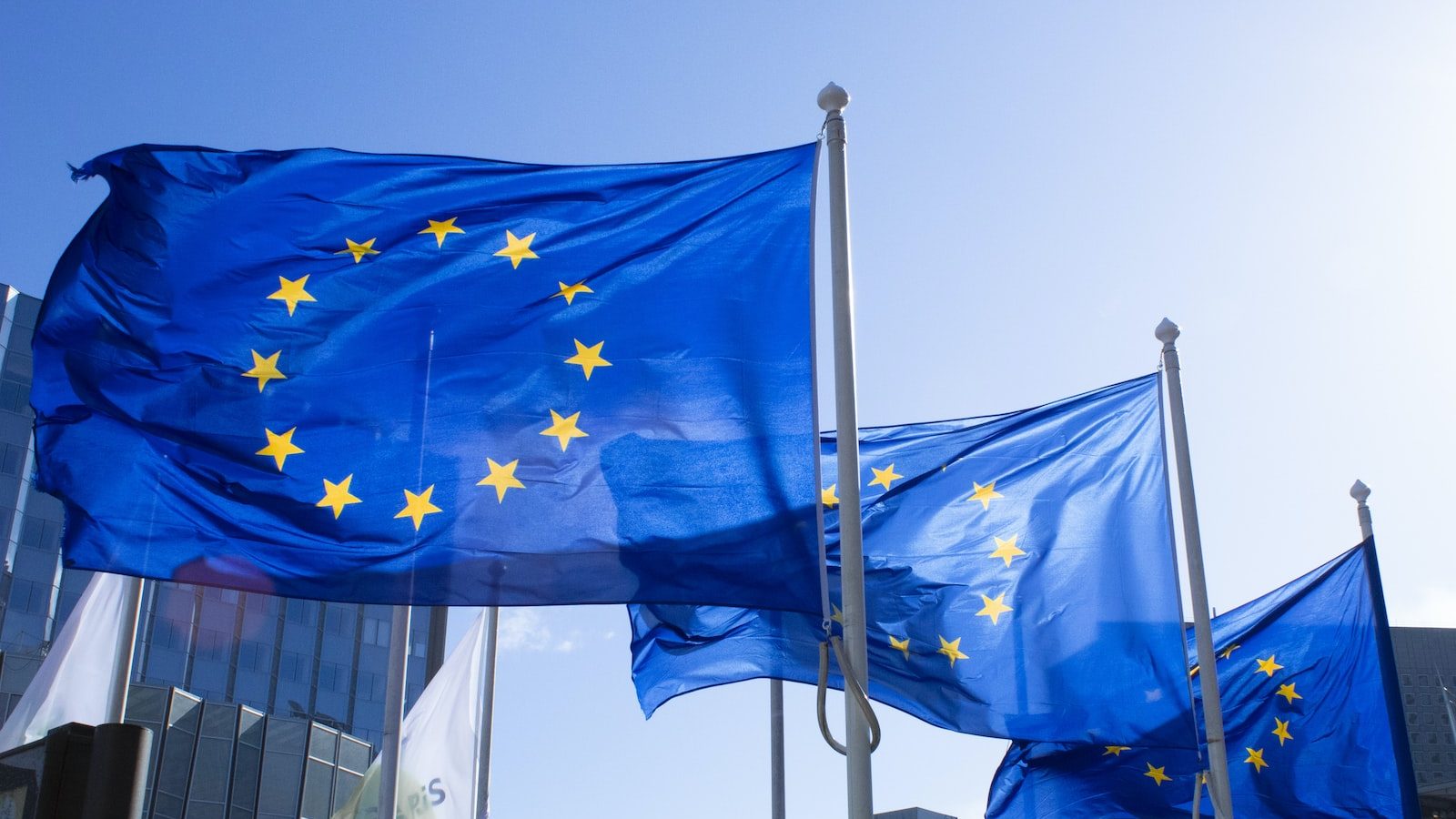
In 2018, the European Commission engaged the Vaccine Confidence Project to create the first “State of Vaccine Confidence in the EU” report. Since then, the VCP has conducted bi-annual research to map and monitor public attitudes to vaccines across the region and examine trends over time.
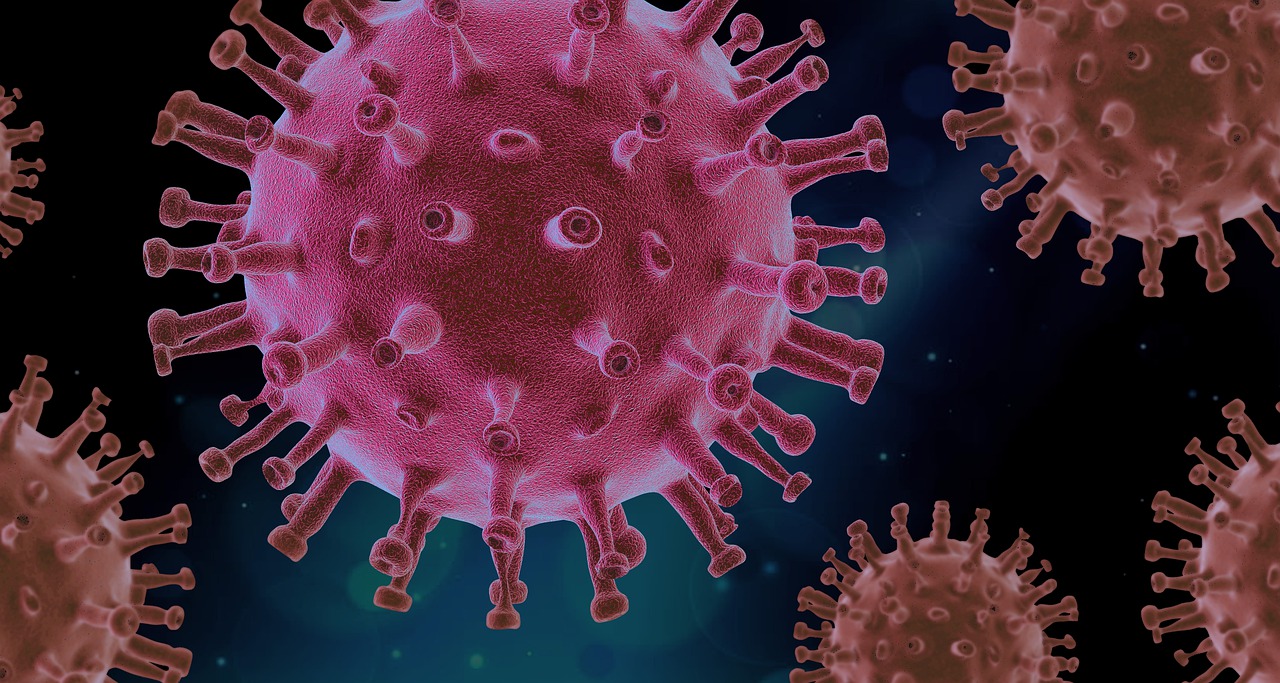
The VCP-Africa CDC working group has been conducting quantitative research in multiple waves from 2020 to 2022.

The UNICEF Regional Office for Europe and Central Asia (UNICEF ECARO) and the VCP worked in partnership to better understand the impact of social media on caregivers’ attitudes, beliefs, trust, immunisation intention and uptake.

This multisite research was designed to harness the power of social media to increase vaccination confidence and uptake in Thailand, Hong Kong, Singapore, and Japan.

This research aims to develop and evaluate a suite of feasible interventions based on artificial intelligence technologies checking extensions, real-time dashboards, and chatbots – that improve the ability to debunk misinformation, boost self-efficacy in the vaccination decision-making process.

This research applies communication and behavioural theories to comprehensively assess confidence in and acceptance of HPV vaccines in Japan, Korea, and China amongst people who have not received the vaccine, in order to develop effective digital communication strategies to increase uptake.
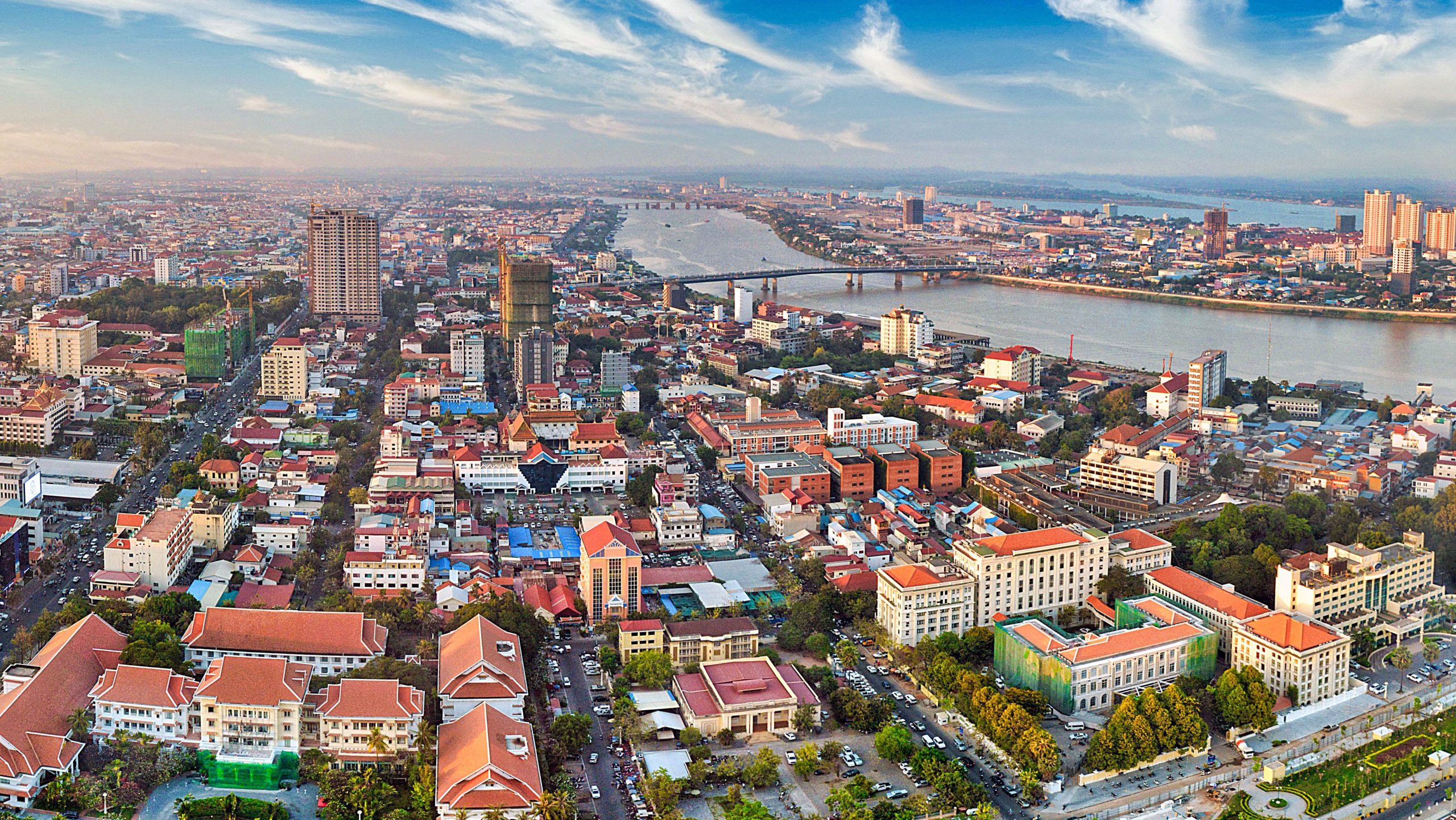
To identify knowledge gaps, beliefs and attitudes in relation to the COVID-19 pandemic and COVID-19 vaccine acceptance among adults in the Asia-Pacific region, the Vaccine Confidence Project conducted two waves of quantitative research in 2021 and 2022.

The IRIS Academic Research Group was founded by some of the world’s leading researchers and academic institutions and launched in June 2021 at the inaugural Global Vaccine Confidence Summit as part of the UK government’s G7 Presidency.